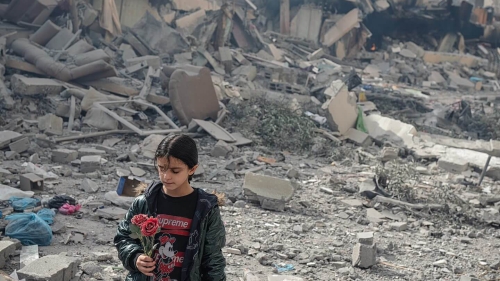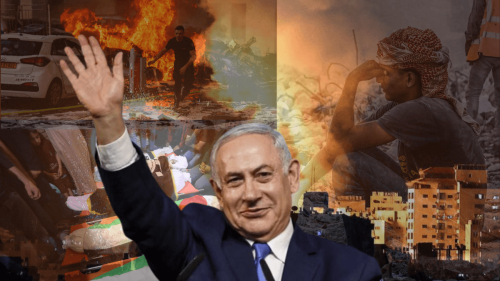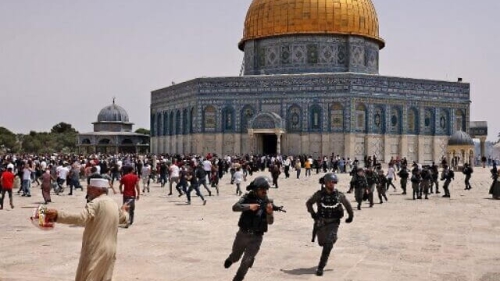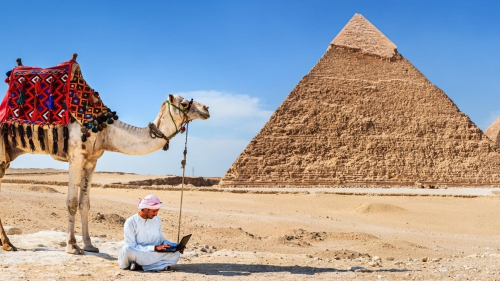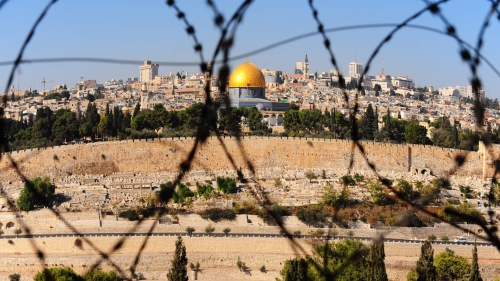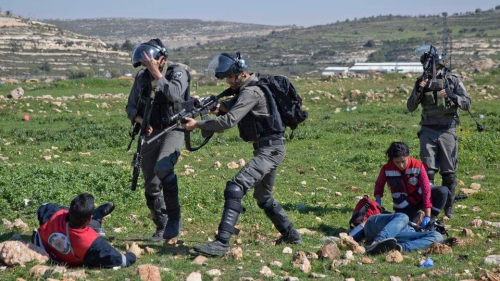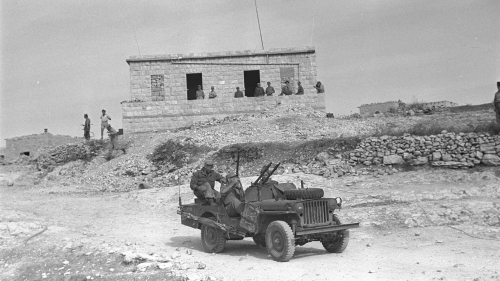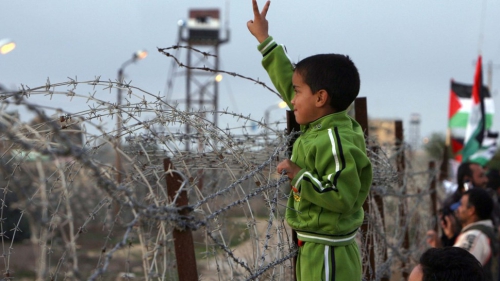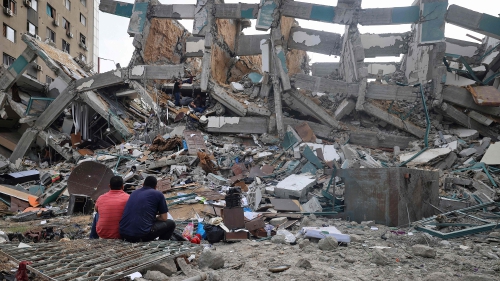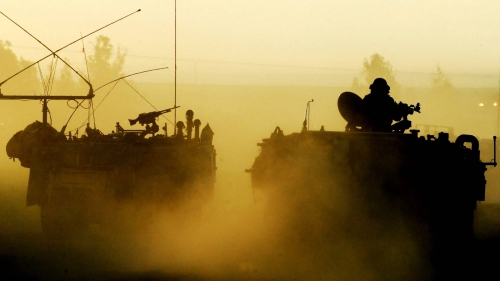ON GRIEF, PEACE AND KNOWING THE ENEMY
Friday, March 8, 2002 when almost 50 human beings, Palestinians, were murdered and hundreds wounded by the Israeli Army will be remembered throughout Palestinian and perhaps Arab history as "Black Friday," much in the way that "Bloody Sunday" is remembered among the Irish, maybe even as Sept. 11 will be remembered among Americans. But what Black Friday will mean to the Arab world in the months ahead depends not only on the massacres to come, but also on whether the people of the Arab world finally seize the moment.
America immediately responded to the attacks on New York and Washington, partly in a heart-warming manner, wearing ribbons and American flag pins in solidarity with those grieving for lives lost during the despicable attack against "us." The response brought Americans closer together during a time of great pain and helped soothe souls. But it was also the first step in a process, which eventually raised hundreds of millions of dollars from the American people to aid the victims of the attacks, not to mention a large-scale genuine effort by Americans to understand the "enemy" who had attacked them.
Sales of books relating to the Middle East and Islam skyrocketed. I have long wondered what horrific event would spark at least a mobilizing effort in the Arab world. Friday, March 8, 2002, may have been one of those kinds of days.
Arabs in Jordan and elsewhere across the Arab world are responding in shock, but also in a manner they may, in retrospect, see as a heart-warming coming together in non-violent grief and solidarity. A week when at least 130 were murdered 100 Palestinians by Israelis and 30 Israelis by Palestinians is just too disgusting to let stand. On March 9, SMS text messages were bouncing from cell phone to cell phone in Jordan and across the Arab world, calling for all to wear black in mourning for those killed in Friday's attacks. This international movement of grief and solidarity using a form of cheap mass communication may well spark not only a process of coming together, but also a deeper understanding among the Arab people of why their Palestinian brethren continue to suffer at the hands of an Israeli military occupation that has now lasted 35 painful years.
This may also herald the beginning of a whole new use for the growing communications networks among the people of the Middle East for coming together to engage in non-violent organizing. Such a process of sharing would be as healthy in the Arab world as it is in America. And if it continues to grow on a mass scale it may eventually be as profound as the reflection that took place in America after Sept. 11. I have long wondered why Arabs, with passports that allow them to travel to Israel, flood into the West Bank and Gaza to take part in non-violent protests much in the way that Americans of conscience joined Martin Luther King in the civil rights movement. Could this be the start? Unfortunately for both Palestinians and Israelis, not quite. But such action or the sense that it is about to happen may also be prompting Arab leaders to try to solve this painful and intractable conflict with a straightforward solution such as the Saudi peace plan.
But more than reflection is needed. Much more. Not a single program on Israeli studies exist in the Arab world, save for a small center in the West Bank. There are scarcely any programs on American studies.
How on earth do Arabs think they can truly grapple with Israel, or the most powerful nation on earth, if they do not even see the value or have the courage to study those societies in depth? Israel as enemy or even as a future ally and economic competitor will always have the upper hand unless the Arab world is willing to study. For decades there have been Israeli and American centers for Arab and Middle East studies.
If the momentum of the movement to wear black this past Sunday in response to the murders of Black Friday continues to gather momentum, it should embrace not only an Arab effort to raise money for the victims of the attacks, but also an effort by ordinary Arabs and their institutions to undertake a study of Israeli and American society in an attempt to understand their psychologies, beliefs and laws. Eventually such non-violent movements may be even more successful when both Israelis and Arabs mobilize together, perhaps through SMS cell phone text messages or e-mail, to end the bloodshed and ongoing Israeli military domination of the Palestinian people, which is resulting in hundreds of Israeli and Palestinian deaths. Only when Israelis and Arabs truly understand one another will we enjoy a true peace in this region, something sacred to Christians, Muslims and Jews alike.
Hady Amr was formerly the national director of ethnic American outreach for Al Gore's presidential campaign and a Clinton presidential appointee at the Department of Defense. He can be reached at [email protected]
Source: www.dailystar.com






